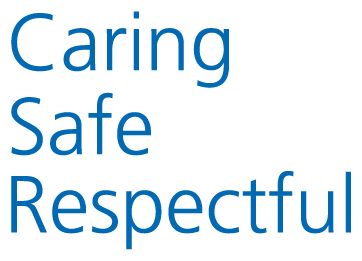Below are the 4 Levels of Service outlined by NHS England.
These set out what all families can expect from their local School Nursing service:
School Nurses have an important public health leadership role in the school and wider community. They contribute to health needs assessments, designing services to reach young people wherever they are, provide services in community environments and work with young people and school staff to promote health and wellbeing within the school setting. School Nurses hold drop-in clinics for high school aged children and no appointment is necessary. School Nurses work with others to increase community participation in promoting and protecting health, building local capacity to improve health outcomes.
School Nurses lead, coordinate and provide services to deliver the Healthy Child Programme for the 5 to 19 age group. They provide universal services for all children and young people as set out in the Healthy Child Programme working with their own team and others including health visitors, general practitioners and schools.
School Nurses are a key part of ensuring children, young people and families get extra help and support when they need it. They offer ‘early help’ (for example, through care packages for children with additional health needs, for emotional and mental health problems and sexual health advice) and can provide care and refer or signpost to other services. Early help can prevent problems developing or worsening.
School Nurses are part of teams providing ongoing additional services for vulnerable children, young people and families requiring longer term support. This can include disadvantaged children, young people and families or those with a disability, those with mental health or substance misuse problems and risk-taking behaviours. School Nursing services also form part of the high intensity multi-agency services for children, young people and families where there are child protection or safeguarding concerns.




